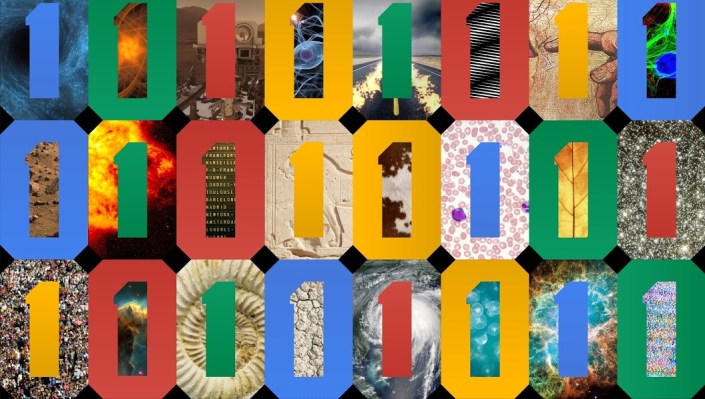Google today announced that it is expanding its research around quantum computing and that it has hired UC Santa Barbara’s (UCSB) John Martinis and his team — one of the most prolific research groups in this area — to work on new quantum processors based on superconducting electronics. Researchers in Martinis’ lab were among the first to use this technique back in 2008.
Google has long shown an interest in quantum computing. It was one of the first companies to buy one of D-Wave’s quantum computers, for example, even when it was still unclear how (or even if) D-Wave’s processor worked. Since 2013, Google has also been working on quantum computing research with NASA and the Universities Space Research Association as part of its Quantum Artificial Intelligence Lab.
Now, Google is going beyond using other people’s hardware. “With an integrated hardware group, the Quantum AI team at Google will now be able to implement and test new designs for quantum optimization and inference processors based on recent theoretical progress and insights from the D-Wave quantum annealing architecture,” Google’s Director of Engineering Hartmut Neven writes today.
Martinis and his team will be based in Google’s Santa Barbara office and will continue to work with UCSB graduate students and as part of this partnership with Google, the team will also continue to use UCSB’s fabrication and measurement facilities.
Martinis says that he is specifically excited about Google’s expertise in “mapping machine learning applications to a quantum computer.” While Martinis doesn’t explicitly mention this in today’s announcement, he is probably also referring to Google’s hire of Geoff Hinton, a pioneer in the field of deep neural networking and who came to Google in 2013 from the University of Toronto as part of Google’s acquisition of his startup DNNresearch.
While Google will now work on building and implementing its own quantum processor designs, Neven says that the company will also continue to work with D-Wave and use that company’s Vesuvius machine in cooperation with NASA.
